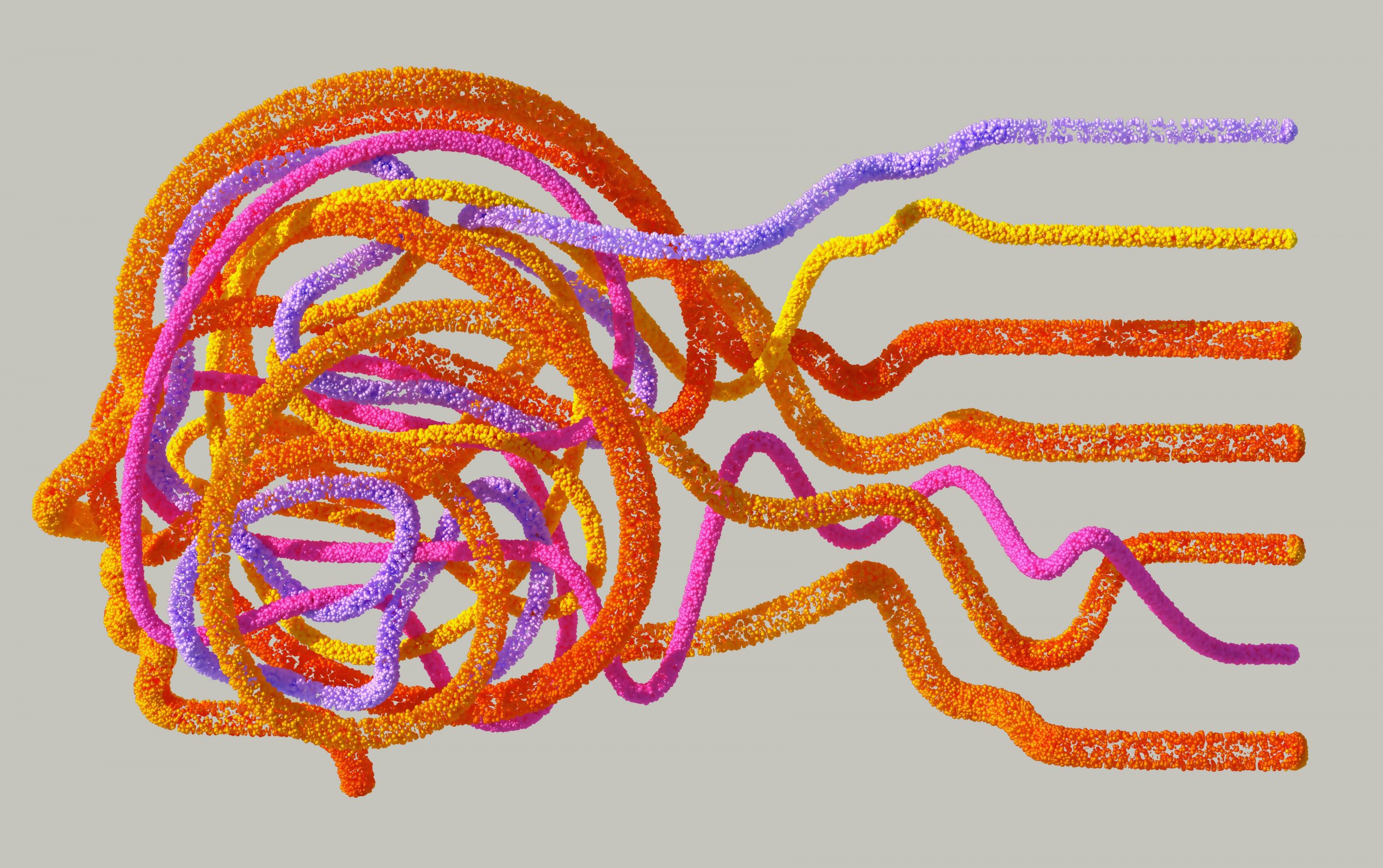Attention-Deficit Hyperactivity Disorder (ADHD) is a neurological disorder affecting executive functioning – those parts of the brain that affect planning, organization, time management, task initiation, and emotional self-regulation. Still, with ADHD being one of the most well-researched disorders, it remains one of the most widely misunderstood.
7 ADHD Myths: Debunked
Misconceptions can prevent people from seeking treatment, add unnecessary stigma, and make individuals with ADHD feel misunderstood. So, what are these myths? Let’s tackle common untruths.
Myth #1: ADHD Is Not a Real Disorder
ADHD is a neurological disorder in which the prefrontal cortex, which regulates all executive functioning, such as problem-solving, attentiveness, and decisiveness, is underdeveloped. The ADHD person came out of the womb with this brain, and it impedes cognitive functioning in several ways.
Myth #2: ADHD is Just Bad Parenting
Since ADHD is a result of structural brain differences, there is nothing a parent can or cannot do to avoid this neurological disorder. The best parents in the world give birth to and raise highly intelligent, amazing kids, who also have ADHD.
Myth #3: Only Hyperactive Kids Have ADHD
ADHD isn’t one-size-fits-all. Many people, especially girls, fall into the inattentive category. Inattentive Type of ADHD means they are distracted by their multitude of thoughts, struggle with time blindness, and often procrastinate. But they can also suffer in silence because they are quiet and look in the background.
Myth #4: Kids Will Outgrow It
ADHD often continues into adolescence and adulthood. While studies show about 25% of kids outgrow their ADHD, we won’t know until we’ll into the 20s if this will happen, and a majority of sufferers will live with ADHD for the entirety of their lives.
Myth #5: It Only Affects Boys
ADHD does not discriminate by gender, but it’s more often diagnosed in boys because of overt behaviors. Girls tend to blend in and get missed.
Myth #6: ADHD Is Just Being Lazy or Not Trying Hard Enough
ADHD is not about laziness; it’s about brain wiring. People with ADHD often want to focus but can’t unless the task is super stimulating.
Myth #7: Medication Can Cure ADHD
Meds don’t cure ADHD, but they help manage symptoms while they’re in your system. Combining strategies like therapy, coaching, and routines works best.
Help for ADHD Executive Functioning
ADHD is not a character flaw, a phase, or the result of “bad parenting,” but a neurodevelopmental condition that can be supported and managed with the right tools. When people receive accurate information, proper diagnosis, and appropriate treatment, they can thrive in school, in their careers, and in their relationships.
Whether you’re a parent noticing signs in your child, a teen questioning why focus feels so difficult, or an adult realizing past struggles may have had a name all along, know this: ADHD does not define you. Knowing how your brain works, learning new tools, and getting ample support means those with ADHD can discover strengths in creativity, innovation, problem-solving, and resilience.
If you or a loved one is navigating the challenges of ADHD, you don’t have to do it alone. With the right resources and support, living with ADHD can shift from being overwhelming to being empowering.






